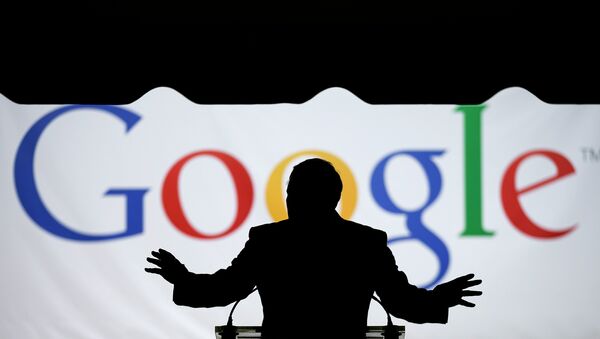But instead of holding up its hands or allowing its knuckles to be rapped, Google has responded by saying its rivals are worse than it is and that its product makes the market more competitive, so there.
Android hasn’t hurt competition--it’s expanded it. 'Android: Choice at Every Turn' https://t.co/O1U83wi93i
— Google in Brussels (@GoogleBrussels) November 10, 2016
However, what the tech giant omitted to say was that its operating system stops its rivals from being able to preinstall their own services an Android.
The EC reckons that that Google is anti-competitive because it does just that — stops its rivals or other search engines from going anywhere near the settings functions of its Android devices.
"Android is the most flexible mobile platform out there, balancing the needs of thousands of manufacturers and operators, millions of app developers and more than a billion consumers," Kent Walker, senior VP and general counsel for Google.
"Upsetting this balance would raise prices, hamper innovation, reduce choice and limit competition," Walker added.
And when it says its rivals Apple and Microsoft are worse, what it means is that Apple's iPhone apps are all made by Apple; 39 out of 47 apps on a Lumia are Microsoft; but only 11 out of the 38 pre-installed apps on a Samsung Galaxy S7 are Google's.
But the EC isn't really bothered about this — its beef is with the fact that all Android smartphone manufacturers must include the full range of Google apps — and just Google apps, which means that the Internet giant is abusing its power.
Google's response is that, well at least they're free.
"This free distribution is an efficient solution for everyone, it lowers prices for phone makers and consumers," Kent Walker said.



